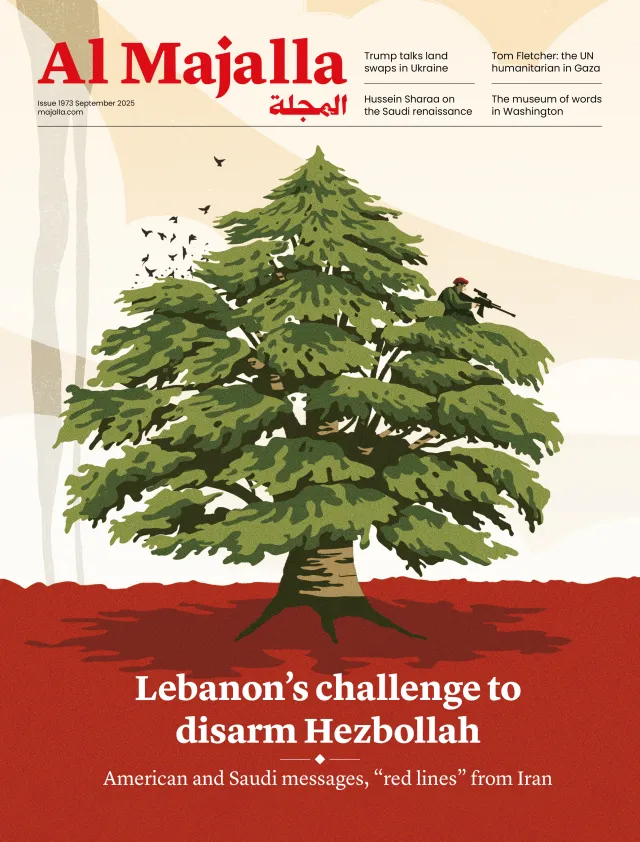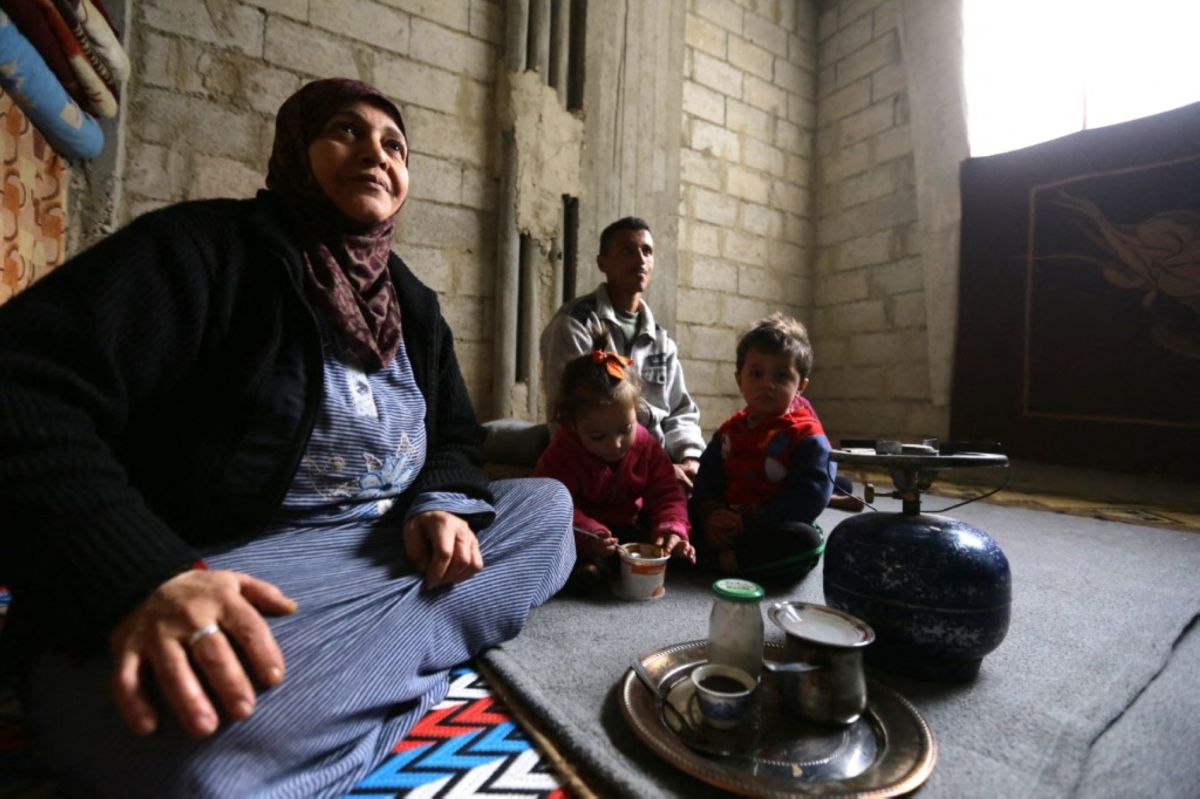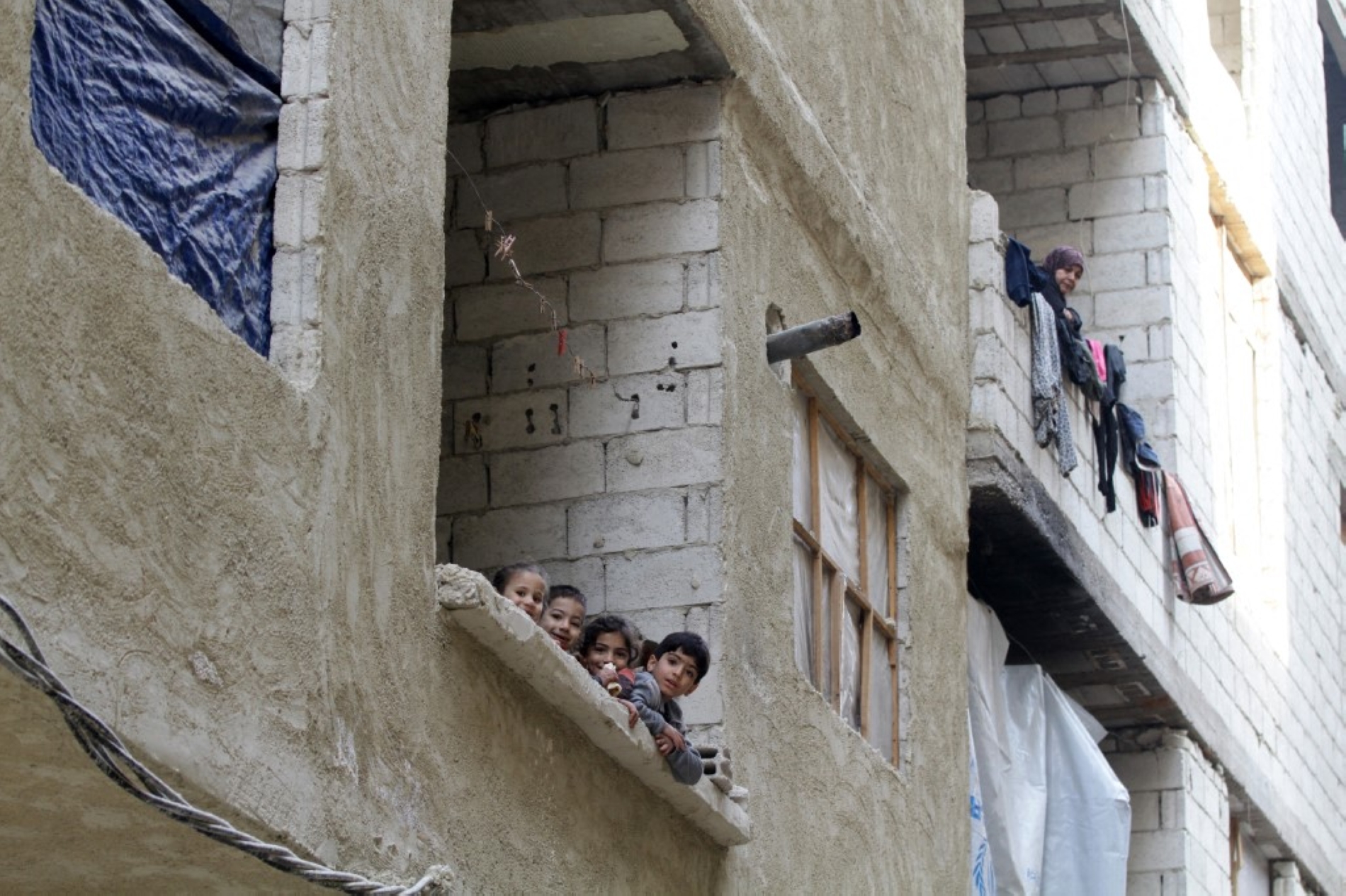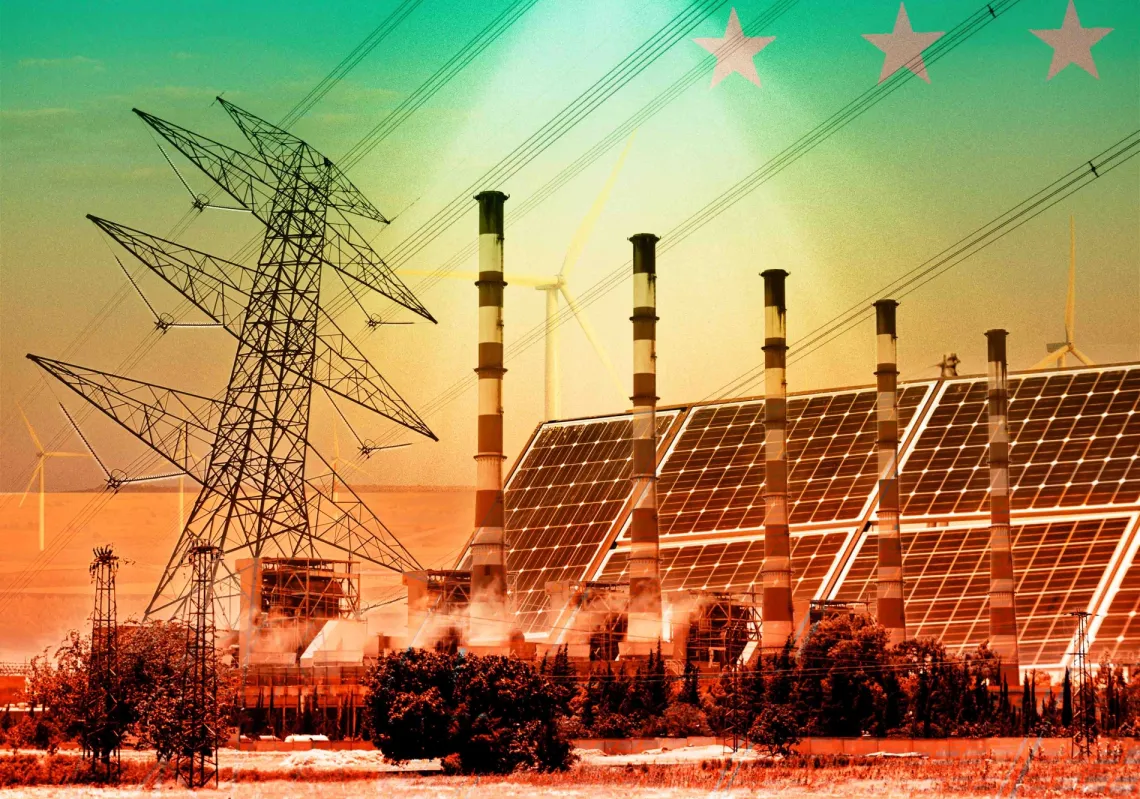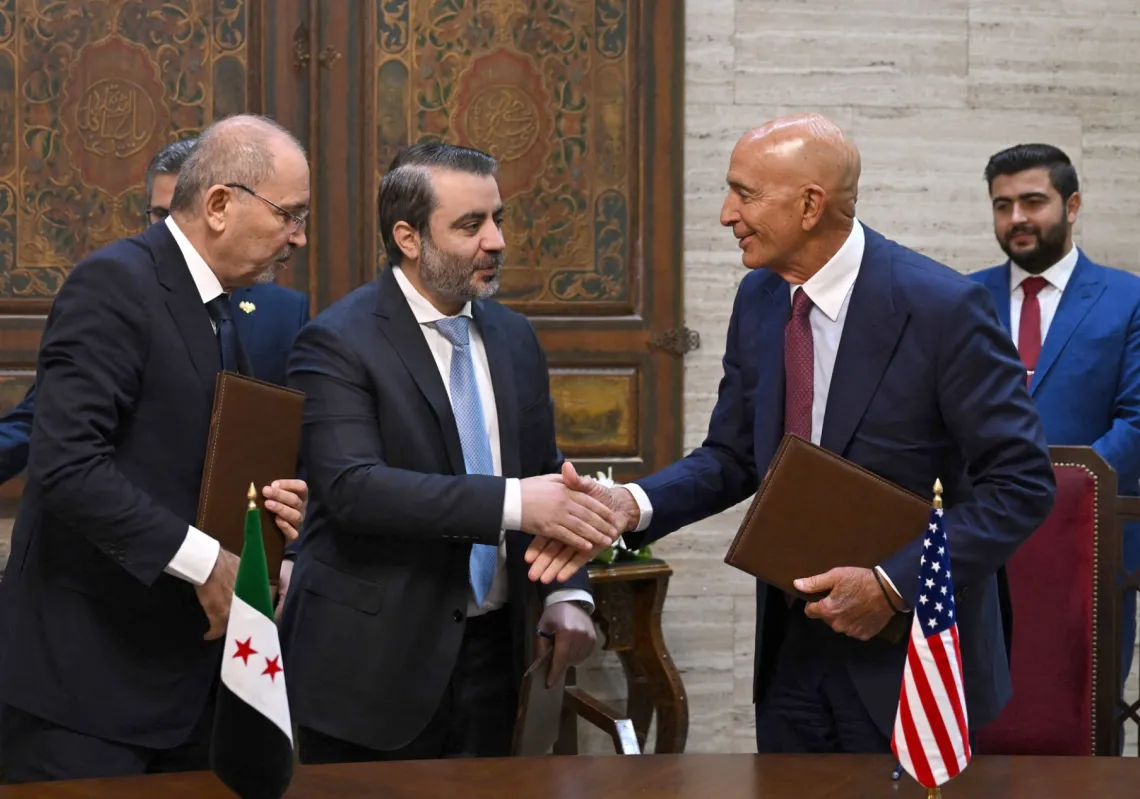In September 2025, Syrian Finance Minister Mohammad Yusr Barniyeh announced the completion of the draft income tax law due to take effect in 2026. The aim is to promote economic development, facilitate trade, stimulate investments, and support private sector leadership. He added that he wanted to transform his ministry from one of taxation and coercion to one of development, construction, and partnership.
Barniyeh has said he wants the new and simplified tax system to be fair and transparent, reduce administrative complexity, and promote modernisation through technology. The burden of proof will shift to the tax authority, and final appeals will be referred to the Tax Court. For non-compliance, financial penalties will replace prison sentences, and out-of-court settlements will be allowed in certain cases. The ministry is hearing public comments on the proposed new tax system until 27 September.
A unified system
One of the main characteristics of the new tax system is its unified and non-categorical tax structure, along with a similar corporate tax applied equally across all business entities, regardless of their size. The corporate tax will differ by sector.
There will be no tax to pay for agriculture, bank deposit returns, and stock trading. A 2% rate will apply to supplies and services by non-residents. There will be a 10% rate in the health, technology, education, and industrial sectors, while other sectors—including trade and services—will pay 15%. Income tax will only kick in after the first SYP 60mn (around $5,455 for an official dollar exchange rate of SYP 11,000). Thereafter, a 6% rate will apply to the first SYP 5mn and an 8% rate will apply to amounts exceeding SYP 5mn.
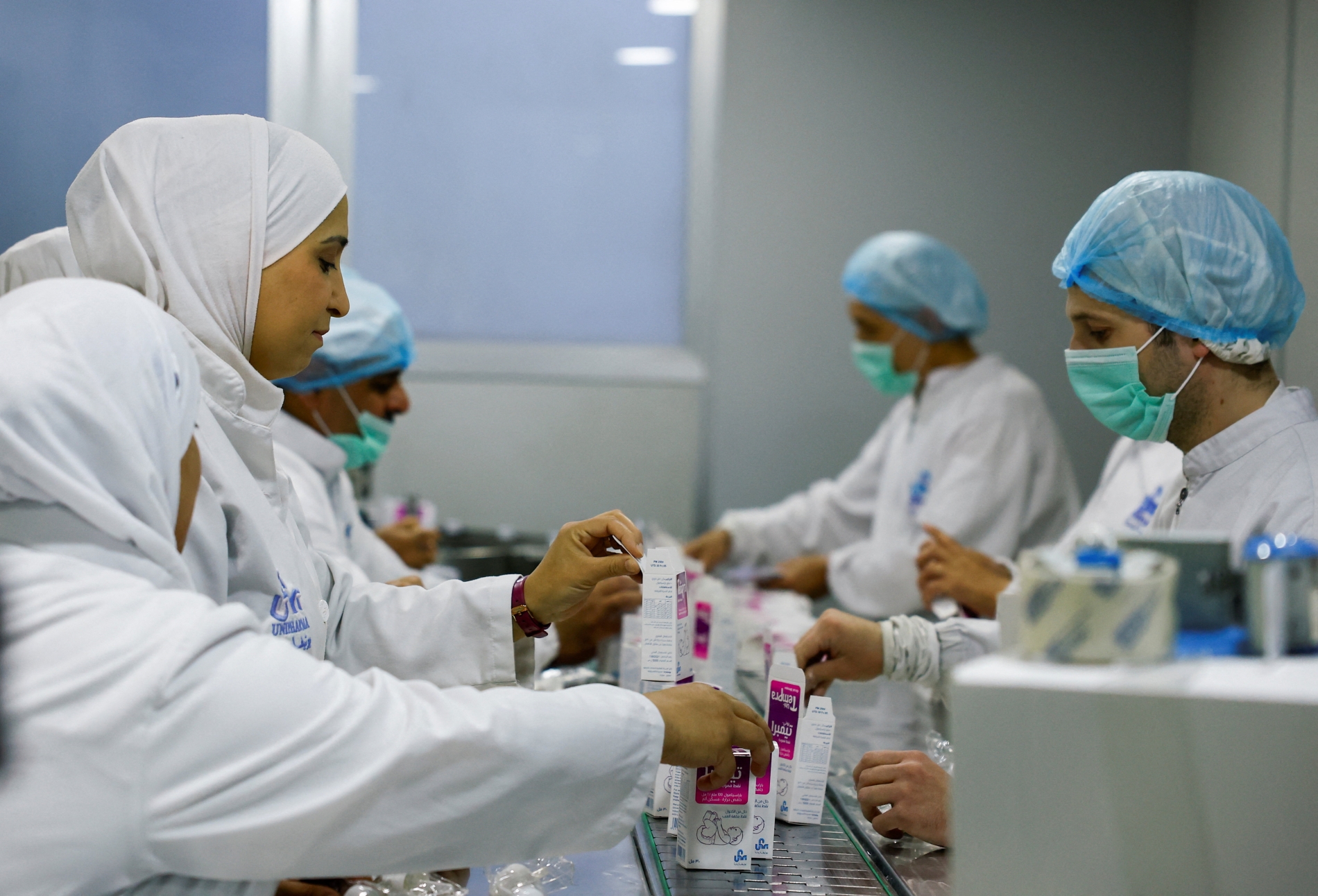
Exemptions are envisaged on transfers of company shares, revaluation of fixed assets, returns and interest on bank deposits, local exports of goods and services, the agricultural sector and its associations, children’s medical expenses, education, rent, and interest on housing loans. For corporate donations to good causes, there will be a special tax deduction.
In June, Barniyeh formed a committee of industrialists, academics, and experts to draft a new tax system. In recent weeks, debate over the new tax law has been notably mute, with the exception of a conference in Aleppo with industrialists and one at the University of Damascus with Syrian officials, when they presented the new tax system.
Early criticisms
Some analysts have raised eyebrows at the perceived lack of participation, arguing that civil society organisations—including trade unions and professional associations—as well as opposition parties would normally be involved in the consultations on important matters such as tax reform. Others criticise the content. Some say a unified and non-categorical tax structure, alongside a low corporate tax applied equally across all businesses, big and small, will make it harder to expand the state’s revenue base.
More than 95% of Syria’s private sector is comprised of small- and medium-sized enterprises (SMEs), most of which need to invest in modernisation, have access to financial assistance and diminish the cost of production. In this framework, the flat-rate corporate tax will not help to tackle these structural problems, and moreover, it is fundamentally unfair, as large companies accumulating vast profits should not be taxed the same as a small family enterprise with modest revenue.

